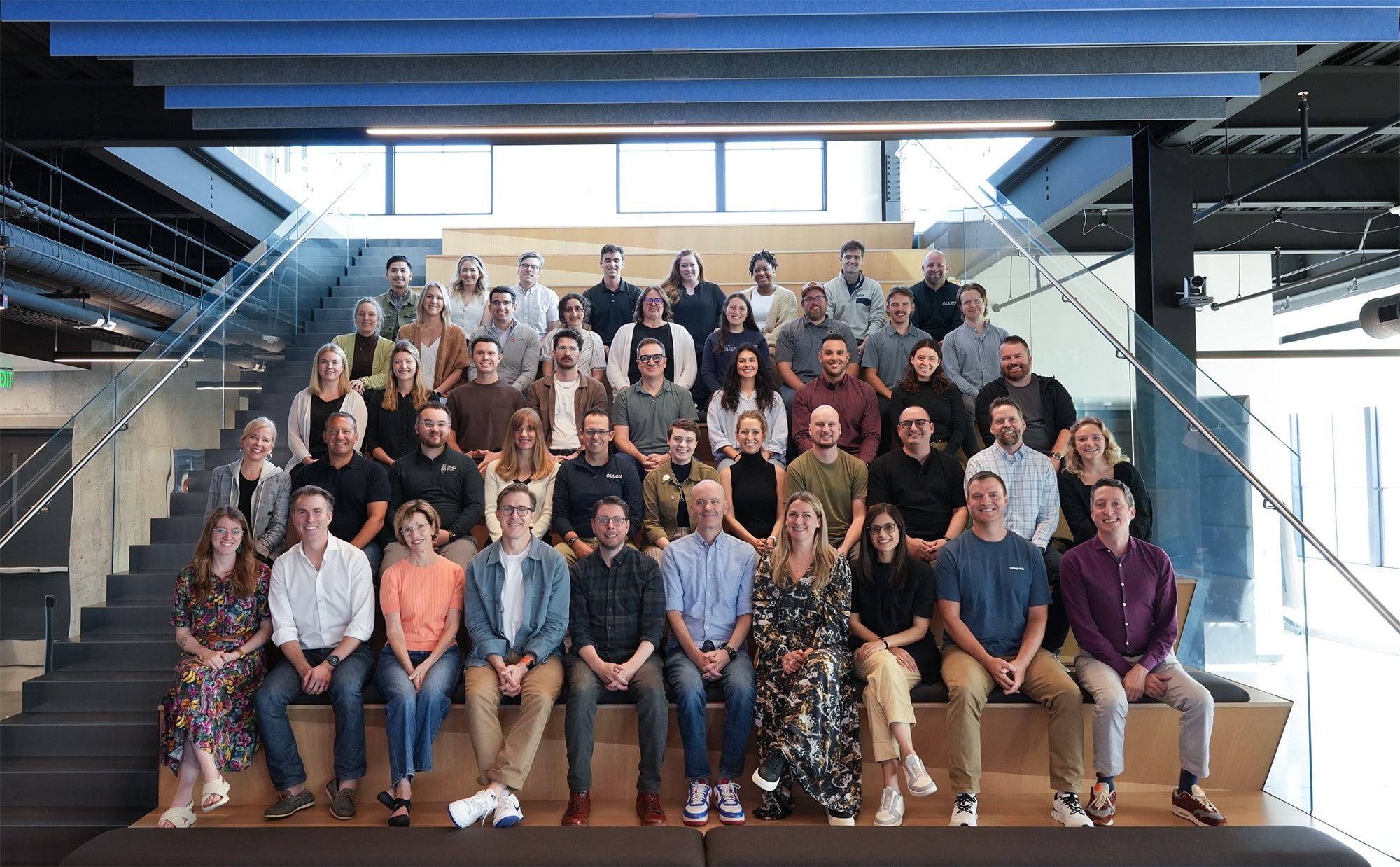The latest State Small Business Credit Initiative (SSBCI) quarterly report underscores the urgency of leveraging the State Small Business Credit Initiative (SSBCI) program or risk leaving dollars on the table.
Ten states have deployed less than 70% of the SSBCI funds that have been disbursed to their state. That's money sitting in their bank, ready to be put to work. If you consider the amount of deployment compared to total allocations - only six states have deployed 50% or more of their state’s total allocated funds.
Given the current uncertainty of federal programs, it is unknown whether states will be able to access their full allocation and growing concern about funds dispersed but not deployed.
If this uncertainty hasn’t instilled a sense of urgency in states to use their funding before it’s gone, it should.
How Corporations Can Help States Use SSBCI Funds
What is often overlooked, though, is that corporations have a major opportunity to support states with SSBCI fund deployment — in turn helping them attract investment into the state, create jobs, and build a flywheel for innovation and economic growth in their ecosystem.
Funding from SSBCI has catalyzed entrepreneurial ecosystems across the U.S., achieving meaningful leverage ratios and supporting thousands of small businesses. Yet deployment gaps persist, particularly in states struggling to fully utilize their allocations.
For corporations, this represents a missed opportunity to support their state economies while driving their own innovation goals through venture building — that is, launching small, but high-growth-potential businesses.
Corporations can play a pivotal role by partnering with their states to channel private capital and matching SSBCI investment into transformative innovation efforts that can generate long-term economic benefits.
Public-private partnerships present an ideal solution to bridge these gaps. By combining state resources with corporate expertise and capital, these collaborations can unlock the full potential of SSBCI funding.
We believe one promising approach is the venture studio model, which can align corporate innovation goals with state economic development priorities and leads to the co-creation of entirely new startups.
What the Venture Studio Model Can Do for States
Corporations use venture to solve specific, intractable problems that limit or threaten the execution of strategy, but these companies often undervalue external venture building as a tool to accelerate their growth strategy alongside M&A and later-stage investing.
Alloy Partners has worked with large corporations spanning multiple sectors over the past five years, co-creating startups to solve large, industry-wide problems and lean into areas of potential disruption.
By deploying SSBCI funds into venture studio models, states have the ability to support the generation of net-new startups, along with the new jobs and investment they bring with them.
The venture studio approach accelerates venture-building milestones, attracts talent and private capital to the state, and creates a flywheel effect — turning initial investments into sustained economic growth.
Studios such as Fieldbook Studio in Arkansas have already demonstrated early progress, evaluating promising business concepts that promise transformative solutions for industries and communities.
Corporations may be in the best position to successfully launch startups through the venture studio model.
In addition to capital investment, corporations have valuable insights to important industry-wide problems and areas ripe for disruption. Even more importantly, corporations can act as first customers and design partners to these startups, providing multiple sources of advantage to improve the likelihood of success.
Arkansas’ Fieldbook Studio: A Case Study
So, how can your state harness SSBCI funds for innovation and state economic growth with a venture studio?
After many months of work with the Treasury Department, the State of Arkansas discovered a way to receive and deploy a portion of their SSBCI allocation to match private investment in Fieldbook, a state-based, venture studio capitalizing on the strengths of the state in the retail value chain to launch advantaged startups.
Managed by Alloy Partners, Fieldbook is well on its way to revolutionizing the entrepreneurial landscape in Arkansas and beyond, catalyzing innovation, opportunity, and venture investment in the state (with a focus on its right-to-win industry, retail), in turn benefitting the people and economy of the state. And Arkansas-based corporations (and institutions) like Walmart are a vital part of Fieldbook’s success.
The studio is focused on launching startups that have an advantage due to knowledge, relationships and proximity to the retail supply chain. Corporations in Arkansas benefit from their proximity to the studio and its ongoing innovation efforts, often serving as early design partners and first customers to the startups created.
This collaboration accelerates these corporations' own innovation efforts and ability to plan for disruption.
Over the next three years, Fieldbook plans to launch five new startups, each poised to drive long-term job creation and economic growth. These ventures, focused on reshaping the retail value chain through technology creation, will not only thrive but also contribute significantly to the regional economy.
"The launch of Fieldbook Studio represents a transformative step for the entrepreneurial landscape in Arkansas," said VentureWell President and CEO Phil Weilerstein.
"This initiative not only amplifies our commitment to innovation and entrepreneurship but also aligns with our mission to cultivate a vibrant ecosystem where diverse ideas and talents can thrive," Phil added.
Launching an SSBCI Venture Studio in Your State
Investing in a venture studio is an off-the-balance-sheet approach to corporate innovation that can rapidly generate discoveries and opportunities, simplifying accounting, compliance and regulatory hurdles to innovation and investment. In addition to the potential for investment returns, corporations benefit from:
- Strategic Innovation. Venture studios allow companies to explore entirely new markets and technologies outside their core business.
- Economic Impact. Supporting SSBCI-funded venture-building initiatives strengthens local economies and creates countless new jobs.
- State Support: Partnering with states on an impactful venture studio reinforces commitment to the state and its economic progress.
If your company is ready to explore how a venture studio can unlock new opportunities for innovation and growth, reach out to Morgan Berman, our SVP of Partnerships.
Together, we can connect your vision with your state’s SSBCI program — helping you lead transformative change while creating value for your company and community.











































































































